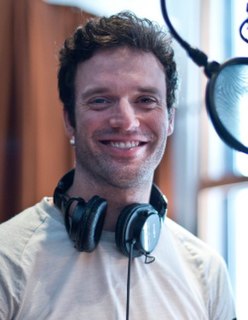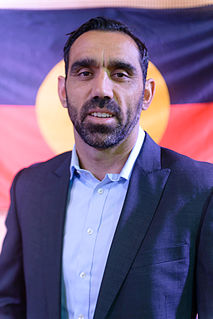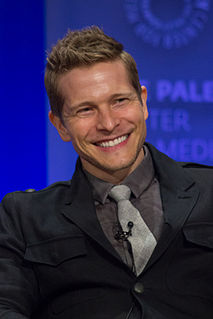A Quote by Jake Epstein
I came from a huge extended family of musicians.
Related Quotes
You know, people see [August: Osage County], and I tell them that it's based on my family, and they assume that I came from some kind of horrible, hysterical circumstances. That's not true. My family, my nuclear family, was actually very close. My mom and dad were great parents and they encouraged a real rich, creative life for me and my brothers. My extended family, like every family, has some darkness, and some violence of some kind, emotional or otherwise, in their past.
Our most basic institution of family desperately needs help and support from the extended family and the public institutions that surround us. Brothers and sisters, aunts and uncles, grandparents and cousins can make a powerful difference in the lives of children. Remember that the expression of love and encouragement from an extended family member will often provide the right influence and help a child at a critical time.
Extended families have never been the norm in America; the highest figure for extended-family households ever recorded in Americanhistory is 20 percent. Contrary to the popular myth that industrialization destroyed "traditional" extended families, this high point occurred between 1850 and 1885, during the most intensive period of early industrialization. Many of these extended families, and most "producing" families of the time, depended on the labor of children; they were held together by dire necessity and sometimes by brute force.




































